Are you a passionate metal detectorist looking to elevate your treasure hunting skills and increase your success rate? Unearthing buried artifacts and lost treasures can be an exhilarating hobby, but knowing the right techniques can make all the difference in your metal detecting journeys.
In this blog post, we will explore proven methods and strategies that can enhance your metal detecting prowess and help you find more valuable treasures while out in the field.
Whether you are a novice detectorist or a seasoned pro, these techniques will equip you with the knowledge and skills needed to take your metal detecting game to the next level. Get ready to uncover a world of possibilities and maximize the thrill of the find!
Understanding Your Metal Detector
Types of Metal Detectors
To maximize your metal detecting success, it's crucial to understand the different types of metal detectors available on the market. The two main types of most metal detectors are Very Low Frequency (VLF) detectors and Pulse Induction (PI) detectors.
VLF detectors are more popular among beginners and are great for detecting smaller metal objects closer to the surface. Having a good metal detector will always increase your chances of good finds!
On the other hand, PI detectors are ideal for deeper searches and are more adept at finding larger metal targets buried in the ground. Understanding the differences between these two types of modern metal detectors will help you choose the right detector for your hunting needs whether you're looking for buried treasure or gold nuggets.
| VLF Detectors | PI Detectors |
|---|---|
| Best for beginners | Ideal for deep searches |
| Great for small metal objects | Good at finding larger targets |
| Not as effective in highly mineralized soil | Works well in mineralized soil |
| Lightweight and easy to use | Heavier but powerful |
| Good discrimination features | Less discrimination but more depth |
Optimizing Detector Settings
On your metal detector, there are various settings that can be adjusted to enhance its performance and increase your chances of finding valuable targets.
Optimizing these settings involves adjusting the sensitivity, discrimination, ground balance, and target identification features to suit the specific hunting environment. For example, increasing the sensitivity can help you metal detect smaller objects, while adjusting the discrimination levels can filter out unwanted items.
Experimenting with these settings while in the field will help you fine-tune your detector for optimal results.
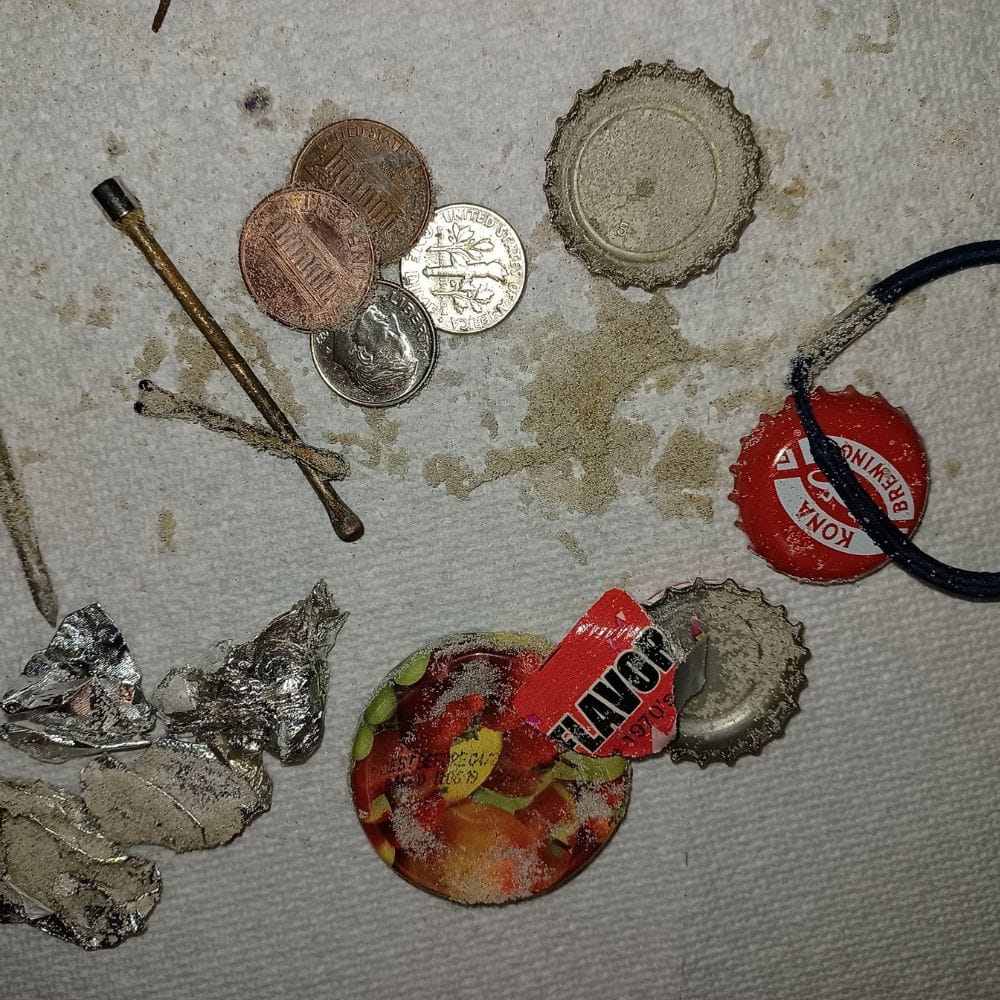
Research and Preparation
Historical Research
Any successful metal detecting adventure begins with thorough historical research. Before heading out, take the time to study maps, old records, and research the history of the area you plan to search.
Understanding the historical background can greatly increase your chances of finding valuable artifacts or coins.
Environmental Factors Influencing Metal Detecting
Any metal detectorist knows that environmental factors play a crucial role in the success of their search. Factors like soil composition, moisture levels, and vegetation cover can significantly impact the signals detected by your equipment.
Being aware of these factors and adjusting your search strategy accordingly can lead to more successful metal detecting finds.
- Soil composition can affect signal penetration and target identification.
- Moisture levels in the ground can impact conductivity and signal strength.
- Vegetation cover may interfere with signals or hide potential targets from metal detection.
The environment in which you conduct your metal detecting can either work for you or against you. By understanding how soil, moisture, and vegetation influence your equipment's performance, you can adapt your approach to maximize your chances of success.
Perceiving these environmental factors as opportunities rather than obstacles is key to enhancing your metal detecting experience.

Plus
The type of terrain you choose to search in can also impact your metal detecting success. Whether you opt for a beach, a field, a park, or a historical site, each location presents unique challenges and opportunities for finds.
By diversifying your search locations and adapting your techniques to suit the specific environmental conditions of each area, you can broaden your chances of finding hidden treasures.
Perceiving every environment as a new adventure waiting to unfold can keep your metal detecting pursuits exciting and rewarding.
- Diversify your search locations to increase your chances of finding valuable items.
- Adapt your techniques to suit the specific conditions of each environment.
- View every location as a new adventure and stay open to the possibilities it holds.
Field Techniques
Effective Sweep Patterns
Sweeping your new metal detector in a consistent and overlapping pattern is crucial to ensure you cover the entire search area thoroughly.
Make sure to swing the search coil of your detector side to side in a controlled manner, keeping it close to the ground. Overlapping each swing by at least half the width of the coil will help prevent any missed targets.
Digging and Recovery Best Practices
For successful metal detecting, it's crucial to practice proper digging and recovery techniques. Always dig a neat and small plug to minimize disturbance to the area and make it easier to refill the hole.
Utilize a handheld pinpointer to narrow down the location of the target in the plug to avoid causing unnecessary damage.
Understanding the composition of the soil in your search area can also help you determine the best tools and methods for recovery.
For example, in mineralized soil, a smaller and sharper digging tool may be more effective in retrieving targets without causing much disruption.
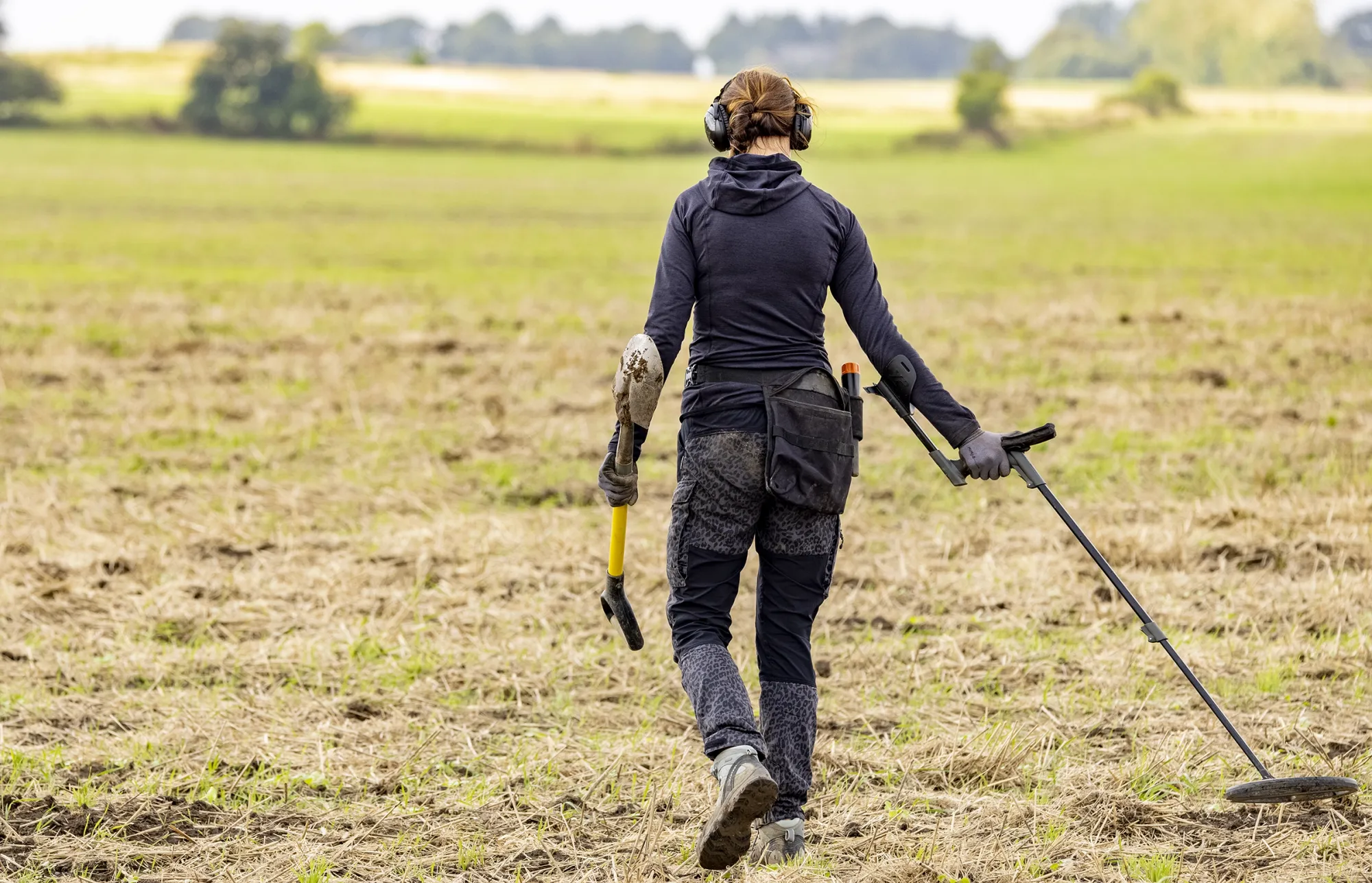
Advanced Strategies
Collaborative Efforts and Networking
| Efforts | collaborating with other metal detecting enthusiasts can offer a wealth of benefits. By joining metal detecting clubs, online forums, or attending community events, you can share tips, exchange valuable information, and even team up for group hunts to cover more ground and increase your chances of finding unique artifacts. |
Utilizing Technology for Greater Accuracy
| The | integration of advanced metal detecting technology can greatly enhance your success rate in the field. With features such as target identification, depth indicators, and ground balancing, modern detectors provide more accurate readings, allowing you to pinpoint valuable finds with precision. |
To further enhance your metal detecting success, consider engaging in collaborative efforts and networking with fellow enthusiasts. By building connections within the metal detecting community, you can access a pool of knowledge, resources, and opportunities that can elevate your treasure hunting experience.
Whether it's sharing potential hotspots, trading expertise on different types of detectors, or organizing group outings to dig sites, collaborating with others can provide valuable insights and increase the thrill of the hunt.
Maintaining and Expanding Skills
Continuous Learning
Maintaining and expanding your metal detecting skills is crucial to improving your success rate. Stay up to date with the latest metal detecting techniques, equipment, and trends by reading books, attending workshops, and watching online tutorials.
Engaging in continuous learning will help you refine your skills and increase your chances of finding valuable treasures.
Joining Metal Detecting Communities
Joining metal detecting communities can provide you with valuable insights and knowledge from experienced detectors. Connect with other enthusiasts through online forums, social media groups, or local metal detecting clubs.
By sharing experiences, asking questions, and learning from others, you can enhance your skills, expand your network, and uncover new detecting locations.
Another benefit of joining metal detecting communities is the opportunity to participate in group hunts and events.
These gatherings not only offer a chance to meet like-minded individuals but also provide access to new detecting sites and the opportunity to learn from experienced detectors in real-time.
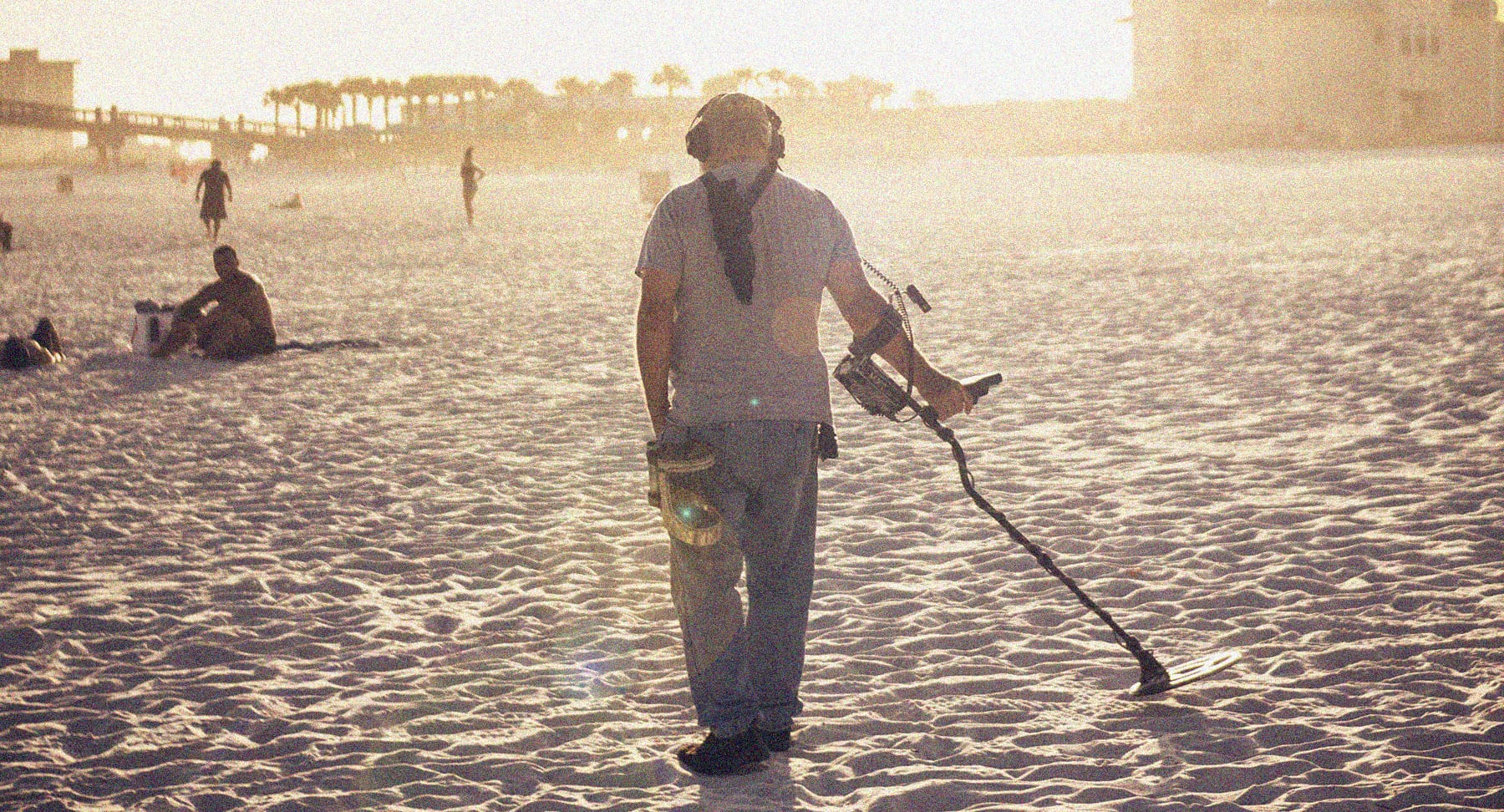
Summing up
Hence, mastering the art of metal detecting requires a combination of techniques and metal detecting tips that can significantly boost your success in finding valuable treasures.
By employing strategies such as researching historical sites, adjusting your settings for various conditions, and using pinpointers effectively, you can enhance your chances of unearthing rare finds.
Remember to stay patient, persistent, and always keep learning and adapting to new techniques to improve your metal detecting skills.
With practice and dedication, you can experience the thrill of the find and make the most of your metal detecting adventures.
FAQ
Q: What is metal detecting?
A: Metal detecting is a hobby and/or profession that involves using a metal detector to locate hidden metallic objects buried in the ground or underwater.
Q: How can I enhance my success in metal detecting?
A: To enhance your metal detecting success, you can try using techniques such as grid searching, target identification, proper digging methods, research, and continuous practice. Also use good headphones to eliminate background noise.
Q: What is grid searching in metal detecting?
A: Grid searching is a systematic method of searching an area by dividing the space into smaller sections and meticulously scanning each section to ensure thorough coverage and increase the chances of finding targets.
Q: How can target identification help in metal detecting?
A: Target identification involves analyzing the signals produced by the metal detector to distinguish between different types of metals and objects, helping you decide whether a target is worth digging up and saving time during the process.
Q: Why is research important in metal detecting?
A: Researching the history of an area can provide valuable information about potential hotspots where items may have been lost or hidden in the past, increasing the likelihood of finding interesting and valuable targets while metal detecting.
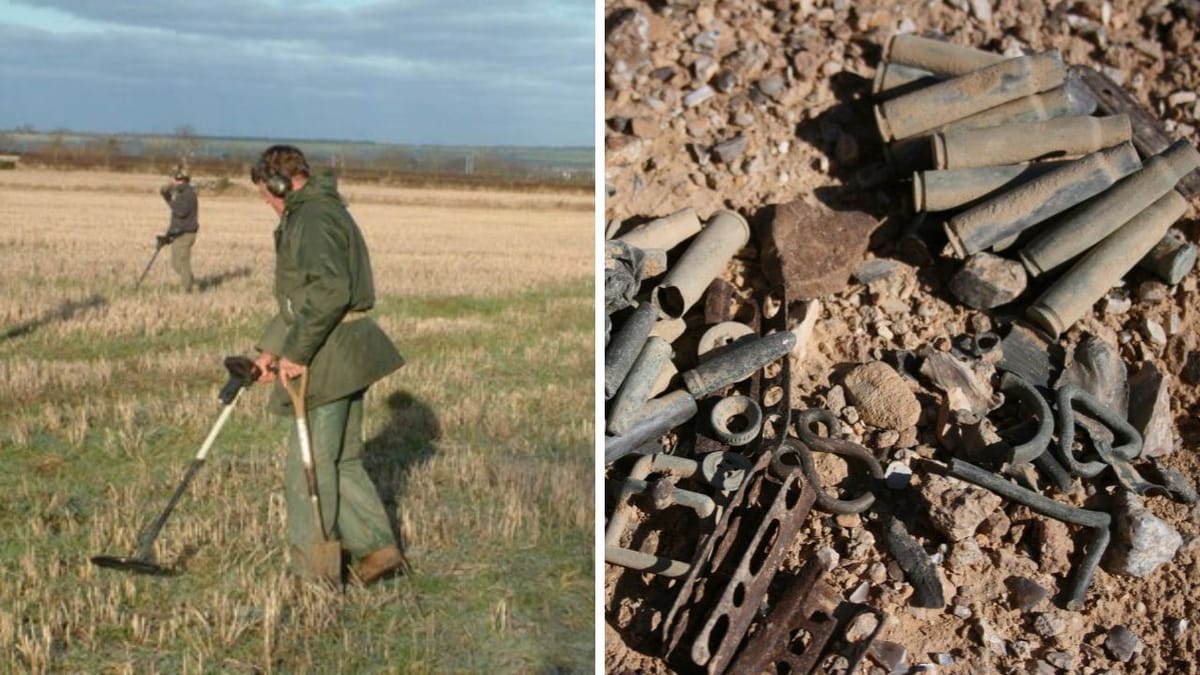
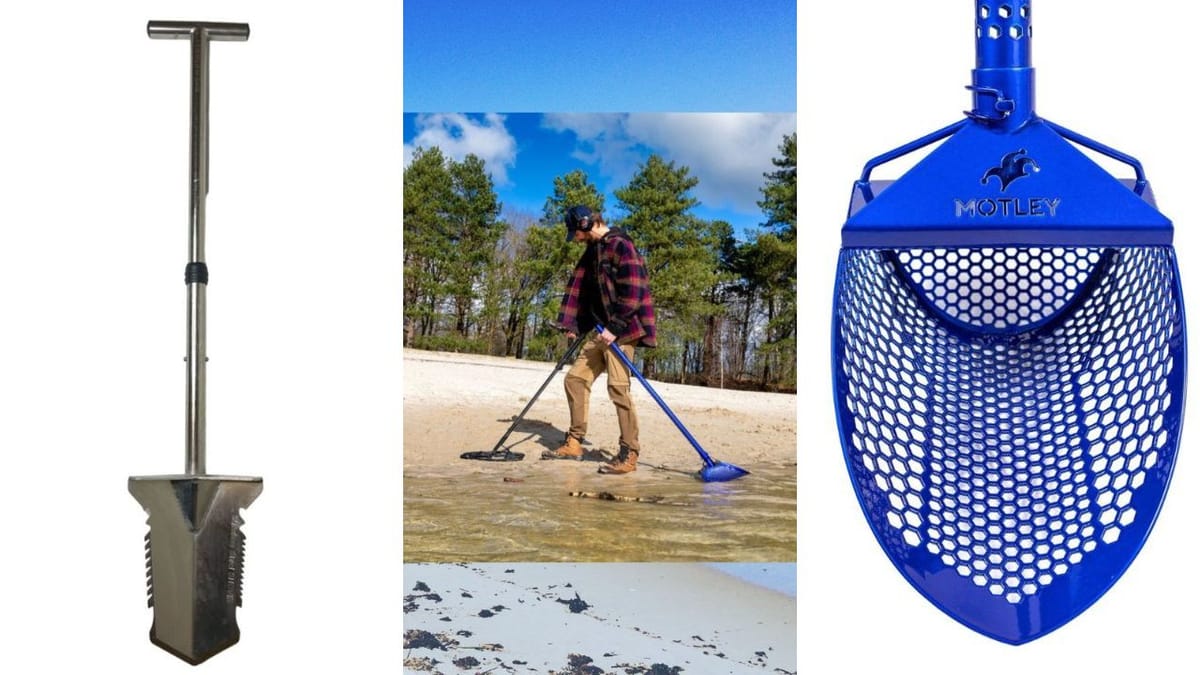

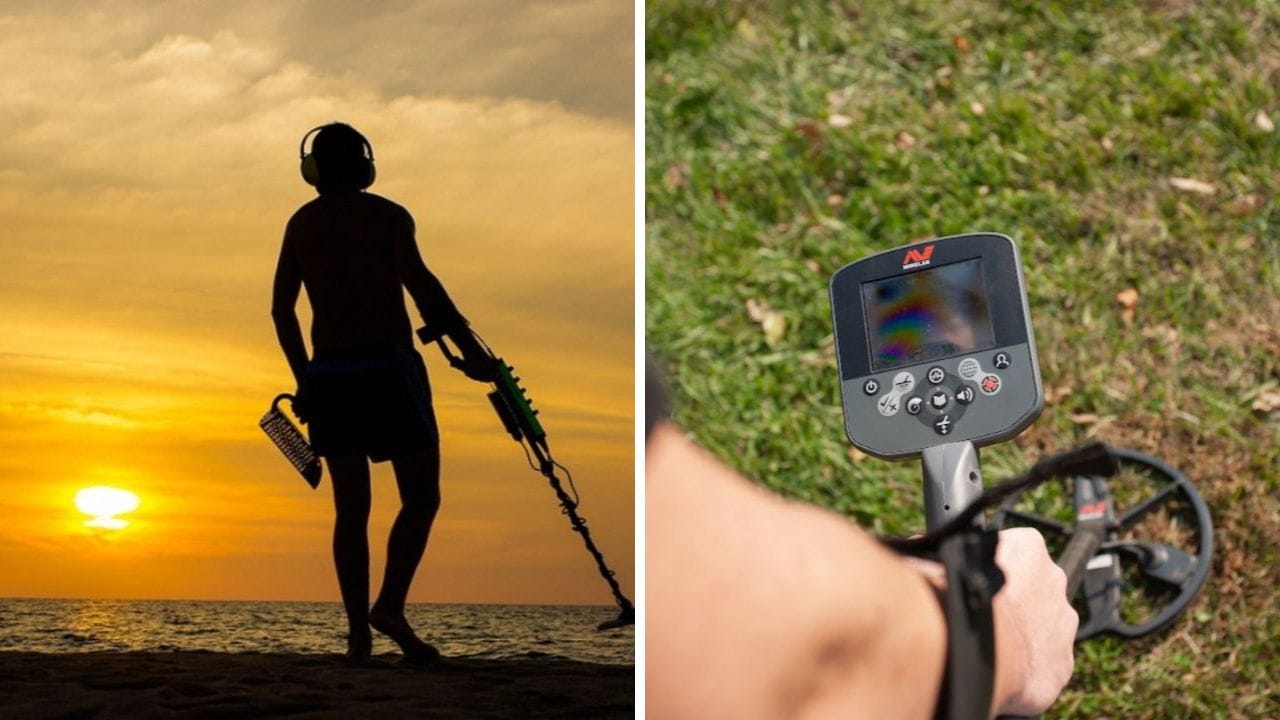




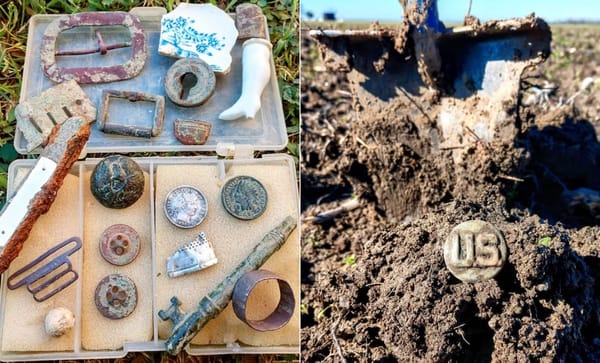
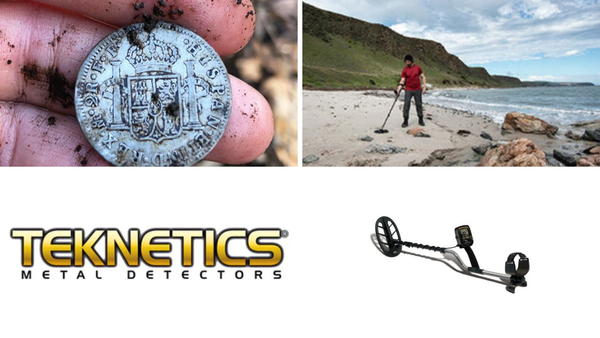
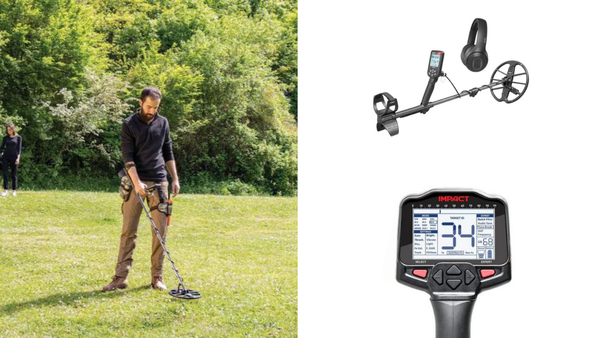
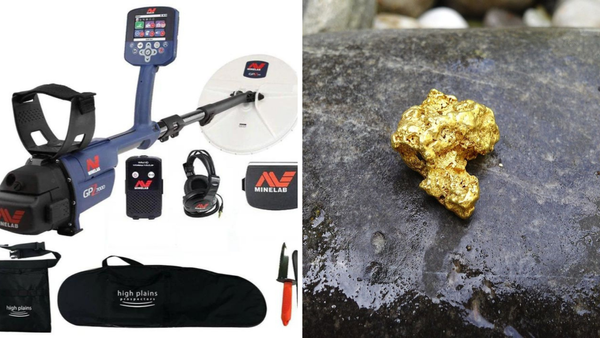
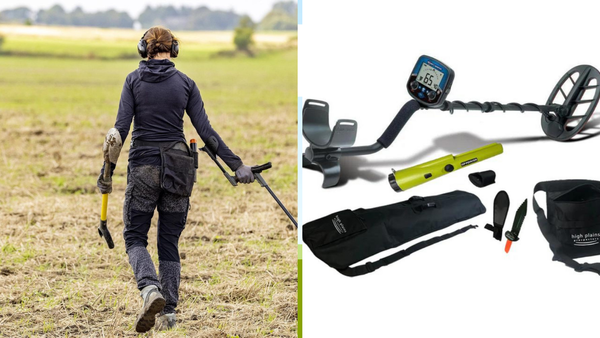
Member discussion